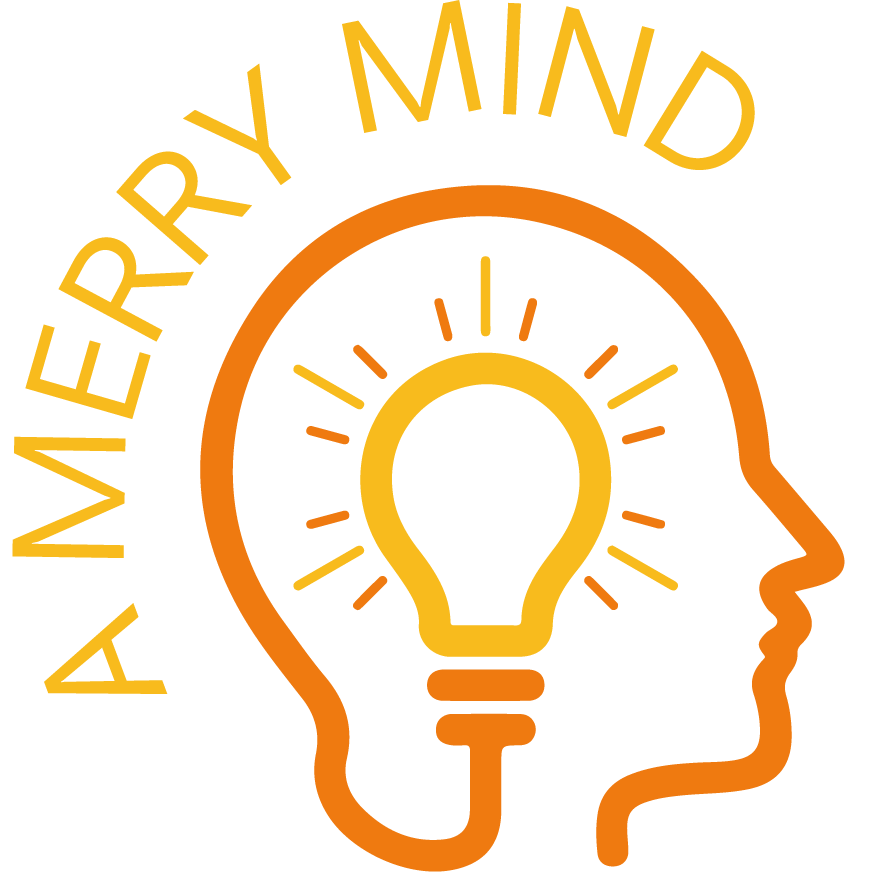Feeling more tired than normal? This may be why
I am sure, like me, you are probably feeling more tired than you normally do. Well there is a reason:
Your brain absolutely loves the shortcuts in life. The brain has evolved to use the least amount of energy and it does this by doing routines and habits. It is a protection mechanism carried over from our ancestors brains when food was scarce so energy was conserved. It is also why habits are so hard to break and habits are set by triggers.
For example; you get up in the morning and go straight to the kettle or coffee machine and you do that every morning. That habit is formed by the trigger of waking up.
However if you change that, your brain has to work harder as it doesn't go into auto-pilot. So if you used to get up and put gym clothes on and go to the gym or for a run that is a habit done on autopilot but now you may put your gym clothes and ask 'now what?' What are you going to do, where do you work out now?
The neural pathway for your habits is set and locked in. It takes the brain a lot of energy to create new pathways and the original pathway is still there after months and years of being used by the same routine, the brain finds it very easy to go down the original path as it has very little resistance, and this is why diets or new exercise routines very rarely last. This habitual brain is sometimes referred to as the Effortless Brain - the auto-pilot brain that knows what it is doing most days and just does it. We have all driven home and then not remembered the drive, it is because your brain just does it without too much thinking. It is also one of the reasons Steve Jobs wore the same clothes as it took no decision making for him to get dressed in the morning and he believed it gave him more brain power for important things.
However, for many of us, during this lockdown period, we are currently using Effort Brain - the new, the unknown and the unplanned. Whilst, for those of us who work from home normally, our place of work hasn’t changed, however our routines have. We may now have a significant other working at home with us, or have to homeschool kids. Our gym or exercise routine is gone and so has our social life, we are thinking “where can we buy toilet roll or pasta”, we may be learning to bake and showcasing the results via social media bake-off’s. Many are learning an instrument or a language and others are simply trying to figure out how to use Zoom or Houseparty. On top of that we are anxious and stressed due to the Covid-19 situation and because of that we are actually in a perpetual fight or flight scenario, trying to make sense of it all, so our brain is absolutely fried trying to work it all out and protect us as best it can.
These are just some outcomes of overusing Effort Brain:
Binge watching tv shows on streaming services
Overdoing indulgences like alcohol or fast food / chocolate;
Not being able to focus on tasks like you normally can;
Getting cranky with yourself and those around
Getting tired earlier than normal.
Out of this there is good news and bad news. The good news is, that as this situation goes on your new habits are starting to form and become Effortless Brain but in that lies the bad news; sitting in front of Netflix and drinking alcohol more than usual is also being set-up as a Effortless Brain activity.
Depending on who you believe, it takes 30 - 230 days to form a habit, with many believing 66 days is the true number. So now is decision time: - which of your current Covid-19 activities or routines do you wish to continue as a habit and lock into Effortless Brain and which should you change now before they become the new normal for you and locked away in autopilot.
Only you can answer that and the simple questions to ask yourself are:
What do you want your new normal to look like?
Which of your new activities/routines will make this your new normal?
Whatever you choose please stay safe and take care.

